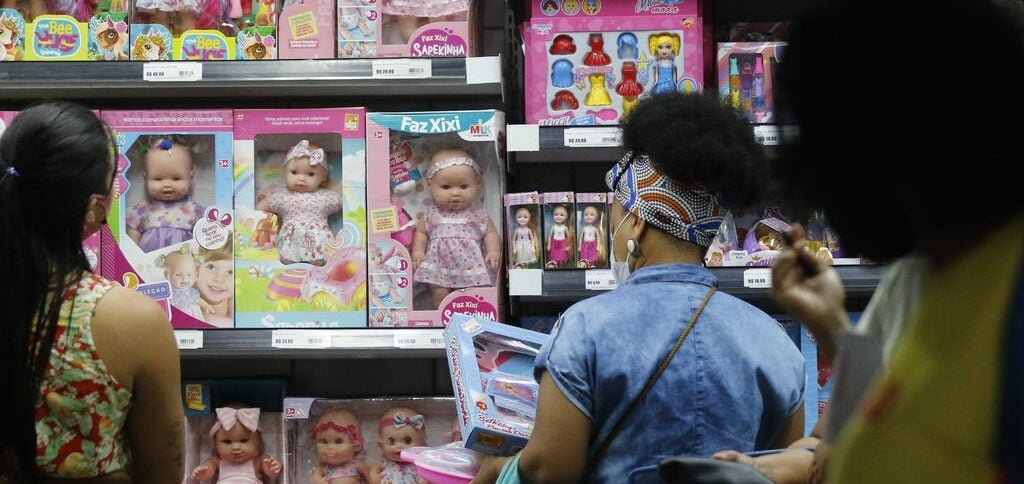It was the first time that retail was in the negative field since July 2022 (-0,2%). As a result, the sector is 3,6% below the highest level recorded in October 2020, and only 2,6% above the pre-pandemic level (February of the same year).
ADVERTISING
According to IBGE's Monthly Commerce Survey (PMC), released this Thursday (11), combining the months of January to November 2022, retail advanced 1,1% and, in the last 12 months, 0,6 %.

What happened?
The main influences on the general index came from Fuels and lubricants (-5,4%) and Office, IT and communication equipment and material (-3,4%).
For the research manager, Cristiano Santos, one of the factors that explains the negative result of the fuel sector is inflation.
ADVERTISING
“November was the first month in which fuel prices rose again after a sequence of deflation that began in July last year. This impacted company revenues. Another point is that November is not a month of big transport movements, as families usually wait to travel in December”, he explains.
Black Friday did not pay off as expected
According to the researcher, Black Friday, which takes place at the end of November, did not result in very positive numbers for retail trade. An activity that tends to be more heated during the period is Office, IT and communication equipment and supplies, which declined after two months of significant growth.
“This weaker Black Friday performance strongly contributes to the negative result of the retail sector in November. Macroeconomic conditions, such as the lack of credit growth, rising interest rates, the stability of the Auxílio Brasil value and the return of inflation, end up impacting family income and reducing consumption”, explains Cristiano.
ADVERTISING
(Source: IBGE agency)
See also:

Receive news and newsletters do Curto News by Telegram e WhatsApp.




